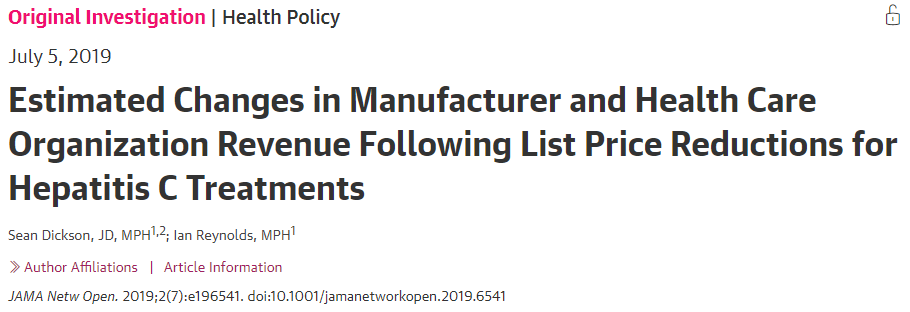
So #drugpricing twitter is going to be all abuzz about SCOTUS discussing PBMs. But let's be clear - this case isn't about drug prices and PBMs in the way we usually think about them. 1/7
statnews.com/pharmalot/2020…
statnews.com/pharmalot/2020…
Instead, it's about whether the state can mandate higher payments for less competitive pharmacies. The community pharmacy lobby complained that they weren't getting paid enough, and the state put in a law to protect them. 2/7
Community pharmacies can't purchase generic drugs at the same extreme discounts as larger purchasers. When PBMs use the average acquisition cost of drugs to reimburse pharmacies, that average can be below what community pharmacies paid to buy the drugs. 3/7
What the state is doing is forcing insurers to pay more money to a politically-favored business group. Eventually, those costs show up in premiums. So this could raise drug spending-but let's be clear, the cost of expensive brand-name drugs, not generics, is the real problem. 4/7
So let's stop saying this is a case about PBMs and drug prices. It's a case about whether the state can protect a certain class of businesses. There may be plenty of reasons why we want to protect community pharmacies and why we're willing to pay more for them. 5/7
But we may also want to consolidate purchasing power for generic drugs to bring prices down. Reimbursing pharmacies at their acquisition cost doesn't put any downward pressure on prices - rather, it reduces the incentive to negotiate deeper discounts. 6/7
I don't think this case or this law are going to significantly affect drug spending, but let's make sure we appropriately frame the case - it's about subsidies to a politically-favored business group, not about drug prices and PBMs. /fin
• • •
Missing some Tweet in this thread? You can try to
force a refresh



